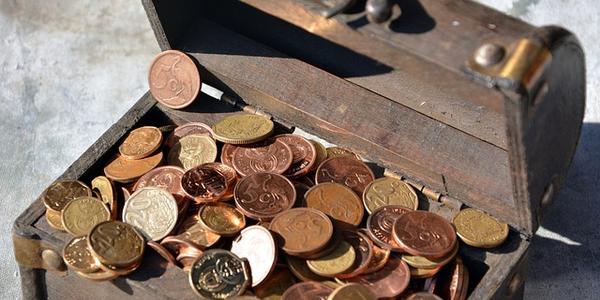Russia’s Finance Minister Says Country Is Free to Use Bitcoin in Foreign Trade
A New Frontier for International Trade
In a recent interview with Russia-24, Russian Finance Minister Anton Siluanov revealed that the country has been actively experimenting with digital financial assets (DFAs) in foreign trade. This development comes as no surprise, given the government’s long-standing efforts to establish a legal framework for DFAs and Bitcoin.
Legislation in Place
According to Siluanov, Russia has passed legislation authorizing foreign trades in DFAs and Bitcoin. This move aims to provide an alternative to the US dollar in international trade, which is particularly relevant given the current global economic landscape. The minister noted that such transactions have already been in use and will continue to expand.
"We Can Use Mined Bitcoin"
Siluanov emphasized that Russia can utilize mined Bitcoin for foreign trade transactions under the experimental legal regime, which came into force in September 2024. He stated:
We can pay for the delivery of goods with digital financial assets. It is also possible to use Bitcoin, which we mined here in the Russian Federation, within the experimental regime.
This development has significant implications for the global trade landscape, as it allows countries like Russia to bypass traditional fiat currencies and leverage the benefits of digital financial assets.
The Rise of Digital Financial Assets
Russia’s decision to adopt DFAs and Bitcoin is a testament to the growing recognition of their value in international trade. As Siluanov pointed out:
That is the future.
The minister’s remarks come on the heels of Russia’s earlier move to legalize mining, which has enabled the country to produce its own Bitcoin supply. This development is expected to boost the adoption of digital financial assets and create new opportunities for foreign trade.
A Shift Away from Fiat Currencies
Siluanov’s comments also highlighted the need for countries to diversify their payment systems and reduce reliance on traditional fiat currencies. The minister warned that relying solely on US dollars in international trade is "quite understandable" but cautioned against it:
We can use mined Bitcoin
This emphasis on digital financial assets reflects a broader trend towards decentralization and digitalization of global trade.
The Role of Regulation
Russia’s experimental legal regime for DFAs and Bitcoin has paved the way for further development and expansion of these technologies. Siluanov emphasized that the government will continue to support and regulate the growth of DFAs, ensuring their safe and responsible use in international trade.
"Developed and Expanded"
The finance minister expressed confidence that next year will see a significant increase in the adoption of digital financial assets for foreign trade:
I am sure that next year, it will be a reality,
This optimism is reflected in Russia’s continued efforts to create a favorable regulatory environment for DFAs and Bitcoin.
A Word of Caution
While Siluanov’s comments on the benefits of DFAs and Bitcoin are encouraging, the minister did issue a warning against crypto investment. In November, he cautioned against investing in cryptocurrencies due to their volatility and lack of regulation:
Some people see cryptocurrency as a source of quick money. I don’t recommend it as a means of investment.
This warning is particularly relevant given the recent price fluctuations in Bitcoin, which has led some investors to question its long-term value.
A New Era for Global Trade
Russia’s adoption of digital financial assets and Bitcoin marks a significant milestone in the evolution of global trade. As Siluanov noted:
That is the future.
The implications of this development are far-reaching and have the potential to reshape the way countries engage in international trade.
Conclusion
In conclusion, Russia’s decision to adopt DFAs and Bitcoin for foreign trade reflects its commitment to embracing digital financial assets as a means of payment. The country’s experimental legal regime has paved the way for further growth and expansion of these technologies. While there are challenges ahead, Siluanov’s optimism is well-founded, and next year promises to be an exciting time for the development of DFAs and Bitcoin in international trade.

